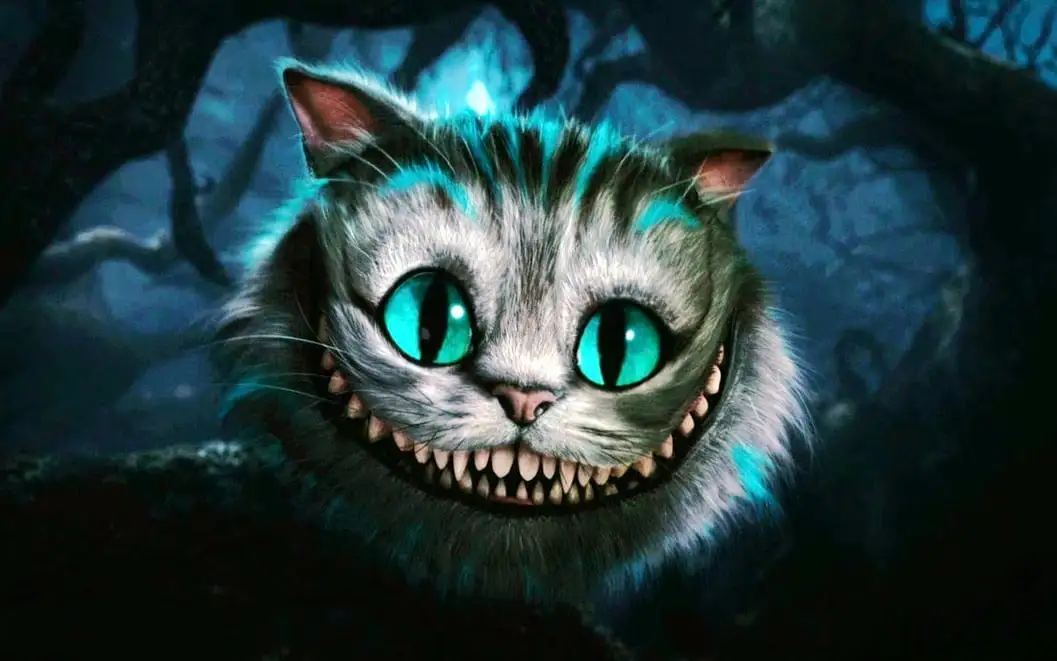When the MeToo movement took off across the globe in 2017, it changed how we think about artists and their art.
As victims of sexual harassment and assault spoke out, the public became more aware of the behaviour of well-known people, including successful artists. Audiences immediately began to view these artists’ work through the lens of their actions.
As a result, many of our favourite books, songs and art works became irrevocably tainted by the transgressions of their creators.
Admiring the work of Pablo Picasso — the cubist artist who burned his partner Françoise Gilot’s face with a cigarette (and painted it) — or Alfred Hitchcock — the film director who tried to destroy actress Tippi Hedren’s career when she rebuffed his advances — became a less straightforward proposition.
“In the aftermath [of MeToo], people were left wondering what to do about their heroes,” US critic Claire Dederer writes in her new book, Monsters: A Fan’s Dilemma.



I agree. I sucks sometimes, but it can also be a push to try new things or, specially if more people jump off, to recreate the good things of the old place in a new one (ehem…)